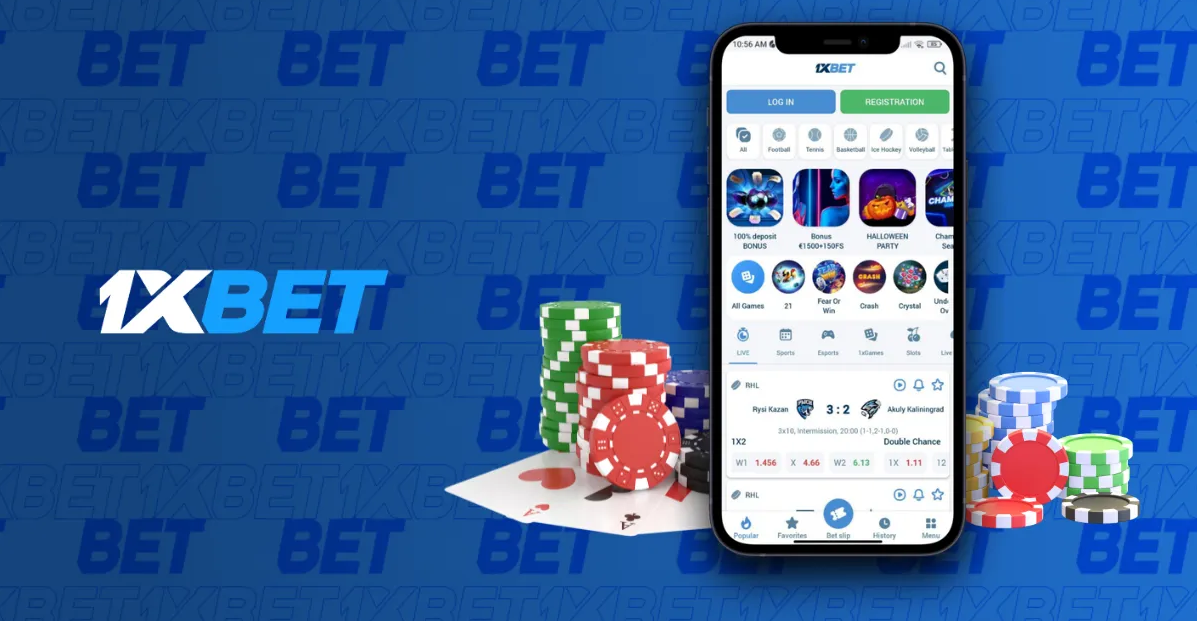my-1xbet.com
How to Spot a Fake Bitcoin Casino License 1

How to Spot a Fake Bitcoin Casino License
In the rapidly evolving world of online gambling, Bitcoin casinos have gained immense popularity. With the rise of digital currencies, many enthusiasts flock to these platforms for How to Spot a Fake Bitcoin Casino License online casino games that offer anonymity, fast transactions, and exciting bonuses. However, with this boom comes a host of fraudulent operations attempting to deceive players. One of the primary red flags to look out for when choosing a Bitcoin casino is its licensing status. This article will guide you on how to spot a fake Bitcoin casino license, ensuring that your gambling experience remains secure and enjoyable.
Understanding Casino Licenses
Before diving into the warning signs of a fake Bitcoin casino license, it’s essential to understand what a legitimate casino license entails. A casino license is issued by a regulatory authority that oversees gambling operations to ensure fairness, security, and adherence to the law. These authorities often have stringent criteria that casinos must meet before granting them a license. Some well-respected licensing jurisdictions include:
- Malta Gaming Authority (MGA)
- United Kingdom Gambling Commission (UKGC)
- Curacao eGaming
- Gibraltar Regulatory Authority
- Isle of Man Gambling Supervision Commission
Each of these authorities has specific requirements that licensed operators must comply with, such as financial stability, transparent operations, and user protection measures. If a casino cannot provide a valid license from one of these recognized authorities, it’s a warning sign that it may not be a trustworthy platform.
Red Flags of a Fake Bitcoin Casino License
Now that we understand the importance of a legitimate license, let’s highlight some of the critical red flags that might indicate a fake Bitcoin casino license:
Lack of Licensing Information
A reputable online casino will always provide detailed information about its licensing status, usually in the footer of its website. If you cannot find any mention of a license or if the details are vague, it’s a significant warning sign. Legitimate casinos should provide the licensing authority and license number.
Unverified Licensing Authority

Sometimes, fake casinos may create fake licenses from non-existent or unregulated authorities. Always research the licensing body mentioned on the site. Check their official website to verify whether the casino is listed as a licensed operator. If the authority’s name seems unfamiliar or lacks credibility, proceed with caution.
No Links to Regulatory Authorities
A trustworthy casino will often provide direct links to its licensing authority’s website, allowing players to verify the authenticity of the license. If there are no links or the link leads to a broken page or an unrelated site, be wary.
Negative Reviews and Reputation Issues
Online reviews can provide valuable insight into a casino’s reputation. If a casino has garnered multiple complaints about non-payment, poor customer service, or other issues, it can indicate that the casino may be operating unlicensed. Check gambling forums, review websites, and social media for feedback on the casino in question.
Unrealistic Promotions and Bonuses
While promotions are a standard marketing strategy for online casinos, be suspicious of bonuses that seem too good to be true. Fake casinos may lure players with massive bonuses and low wagering requirements to get them to deposit funds. If the offers appear overly generous, it’s worth researching further.
Absence of Responsible Gambling Policies
Legitimate online casinos take responsible gambling seriously and feature policies that promote safe gambling practices. These may include setting deposit limits, providing self-exclusion options, and offering links to gambling addiction resources. If a casino lacks these provisions, it may not be operating with player protection in mind.
How to Verify a Casino’s License
Verifying a casino’s license involves a few simple steps:
- Check the Casino’s Website: Look for the licensing information at the footer or the ‘About’ page. This should include the name of the regulatory body and the license number.
- Visit the Licensing Authority’s Website: Use the information provided by the casino to visit the regulatory authority’s website and verify the information. Most licensing bodies have a list of licensed operators.
- Research Online: Use search engines to find player reviews about the casino and check forums for any warnings or complaints regarding the authenticity of its license.
- Contact Customer Support: If you have doubts, try reaching out to the casino’s customer support team. Ask about their licensing details and assess their response. A legit casino will have transparent communication.
Conclusion
Choosing to gamble at a Bitcoin casino can be a thrilling experience, especially with the innovation and convenience they offer. However, players must remain vigilant and informed to protect themselves from potential scams. Understanding how to spot a fake Bitcoin casino license is crucial for your safety and peace of mind. Remember, a legitimate licensed casino not only ensures a fair gaming experience but also holds itself accountable to regulatory standards. By following the tips and guidelines outlined in this article, you can engage in online gambling with confidence, knowing that you are playing at a secure and reputable digital establishment.
